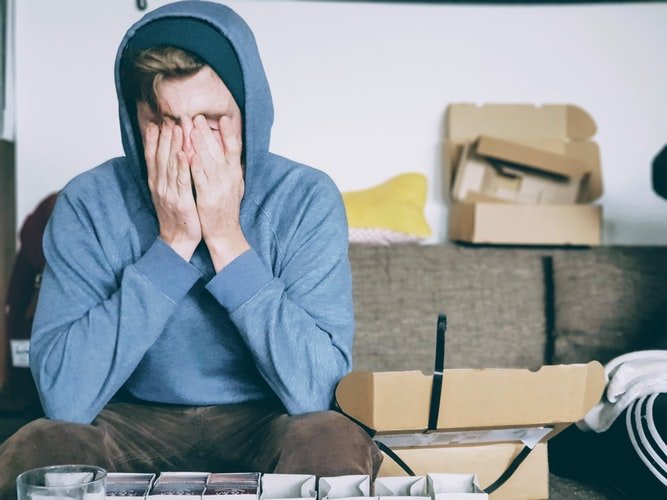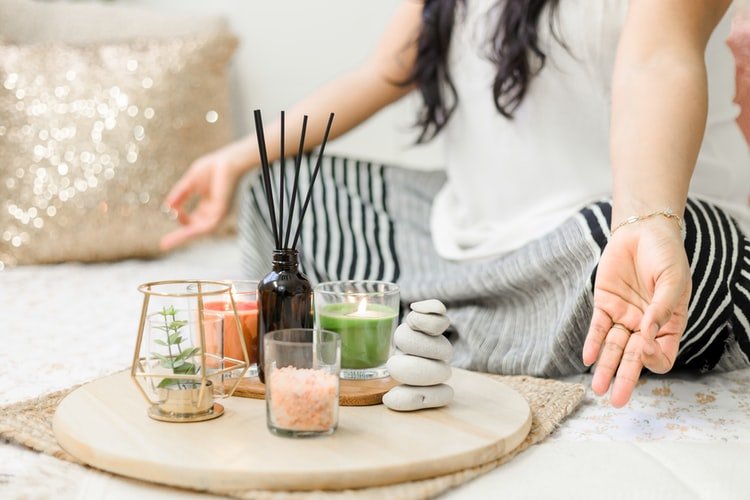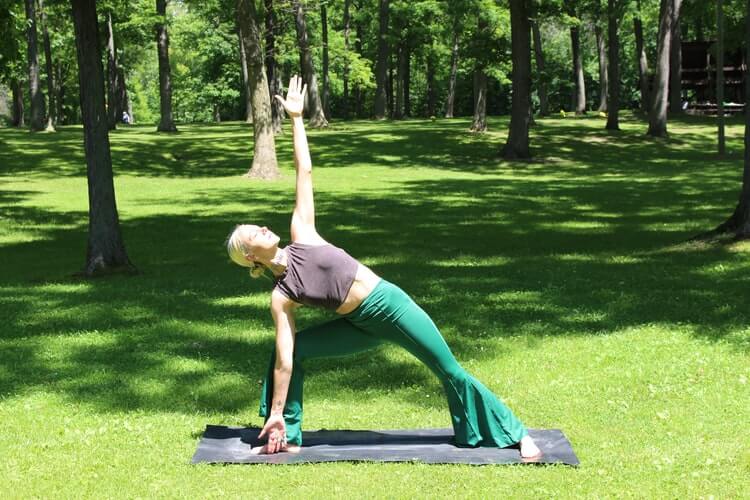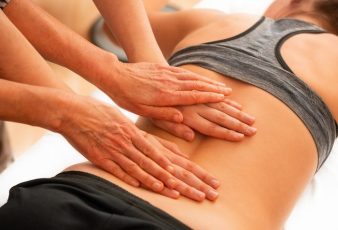A panic attack is about acute dread or worry that occurs suddenly and causes significant physical and mental symptoms despite the absence of any real danger or obvious cause. They may be quite frightening and cause you to believe you’re losing control, suffering a heart attack, or, even worse, dying.
Panic attacks are rare, affecting only around one in 75 people, with most people only experiencing a panic attack only once or twice in their lives. In most cases, when the stressful situation that triggered the attack is eliminated, the issue disappears. However, while they are not life-threatening, they can affect your life significantly.
Panic attacks occur randomly and without warning. It could be when you are driving, sound asleep, shopping at the mall, or even in the midst of a business meeting. They may occur occasionally or more frequently.
If you have sudden, recurring panic attacks and spend extended amounts of time terrified of a recurrence, then you may have what is termed as a panic disorder. However, your care provider will be better placed to determine your exact condition.
Common Symptoms
These vary from person to person though most people experience profuse sweating, chest discomfort, rapid heartbeat, difficulty breathing, dizziness or light-headedness, and shaking or trembling. In addition, some people experience a sense of disconnection from themselves or from reality.
Other symptoms include nausea, headache, hot flashes, tightness in the throat, chills, tingling sensations or numbness, abdominal cramping, or a sense of impending danger. In a few cases, some people report feeling like they were on the verge of having a stroke. Symptoms will likely begin as mild then increase within a few minutes.
Possible Causes
It is not known with certainty what causes panic attacks though certain factors are significant indicators. These include major stress triggers, individual temperaments that are overly sensitive to negative emotions, genetic disposition, and changes in one’s brain function.
Techniques You Can Use to Stop a Panic Attack
You can engage in specific strategies to stop a panic attack when on the verge of having one. Practicing these techniques will help your symptoms to subside.
#1: Muscle Relaxation
This technique, similar to breathing deeply, controls your body’s responses. Start with simple muscles like the fingers, gradually moving to the rest of the body. Practice beforehand to ensure effectiveness when required.
#2: Practice Mindfulness
Concentrate on familiar bodily sensations, such as experiencing the texture of your denim on your palms or sinking your feet into the earth. These distinct feelings anchor you to reality and provide you with something concrete to focus on.
#3: Breath Deeply
Breathe in and out deeply through your mouth. Concentrate on the air slowly filling your chest and then leaving your belly. Hold each breath to a count of four. Controlling your breathing will also make you less likely to hyperventilate.
#4: Recognize What’s Happening
Eliminate unnecessary fear by reminding yourself that this is temporary and passing and that it is not a heart attack. You can then concentrate on the other techniques.
#5: Have a Mantra
Create your mantra and keep it repeating in your head on loop. This will help to assure you and get you relaxed.
#6: Lavender Therapy
Whether it’s lavender flowers, lavender-scented candles, or lavender essential oils, keep some nearby to help your body relax.
#7: Exercise Lightly
Walking is an effective light exercise that will help to release the much-needed endorphins at the onset of a panic attack. It will also improve your mood.
#8: Focus on A Specific Object
Focusing on a specific object has been found to be helpful. For instance, look at a sofa in the room and notice the material, pattern, and design. Follow the warps and weaves and notice the stitches in detail.
#9: Go to Your Happy Place Mentally
Think of relaxing summer vacation on the white, sandy beaches and the calming sound of the waves. Make it so real in your mind that you can literally smell the salty water or feel the sand in your toes.
#10: Close Your Eyes
Closing your eyes makes you more present to your breathing and eliminates visual stimuli that may have triggered the attack.
#11: Take Medications
Benzodiazepines are effective in treating panic attacks if taken immediately after the onset of symptoms. However, medications are a last resort, and more natural methods are encouraged. In addition, this is a prescription drug that is administered to those who receive a panic disorder diagnosis.
Read Also:

































